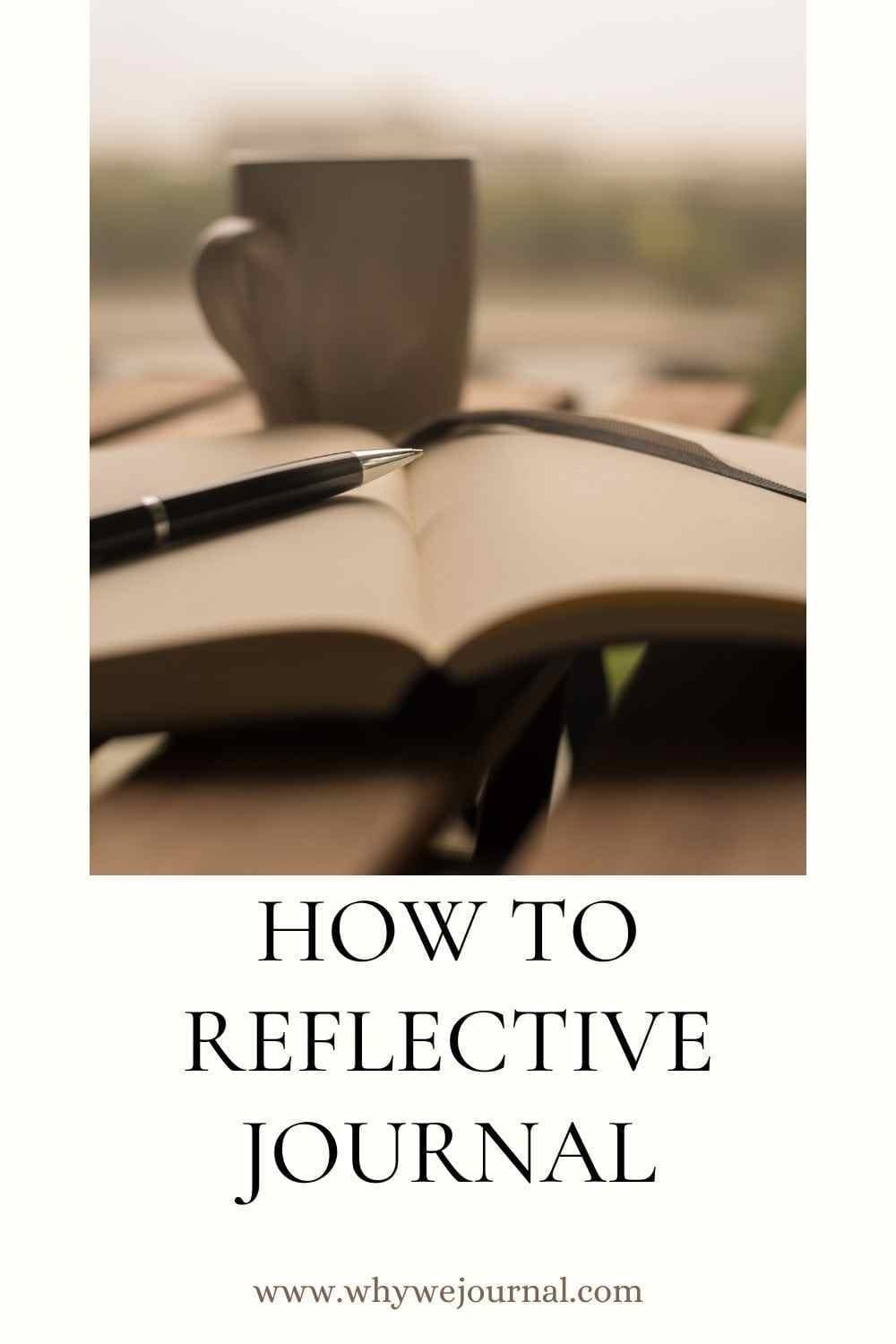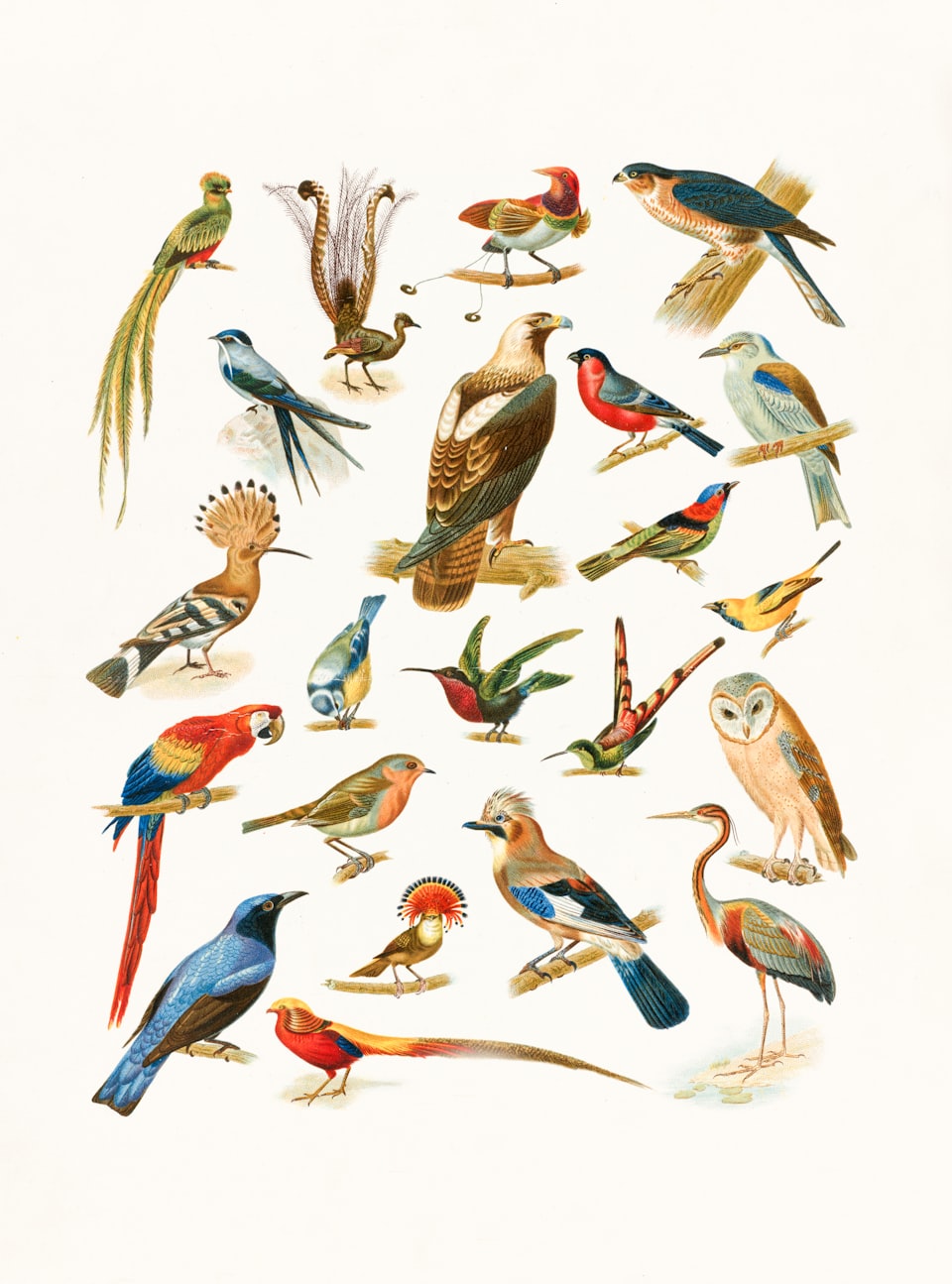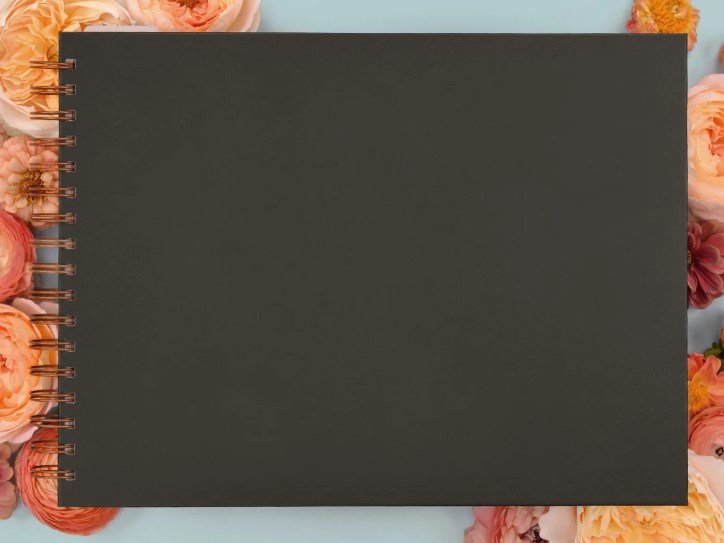What is Reflective Journaling?
Reflective journaling involves being introspective, practicing self-examination, critical thinking, interpreting one's own life experiences and making meaningful conclusions.

Hello Fellow Journalers!🖊️📖
Let's talk about reflective journaling today. A lot of journaling becomes naturally reflective. But for the specifics, here’s a breakdown of what reflective journaling looks like:
- You become introspective
- You are practicing self-examination
- You apply critical thinking to your own habits, decisions, and personal outcomes
- You analyze and interpret your life experience, teasing out patterns
- You make meaningful conclusions, both positive and negative
- If a part of a shared journaling experience, such as through group or couples therapy, you are fostering dialogue and connection between yourself and others. (1)
Why Should I Reflective Journal?
If you’re a reader of Why We Journal, you know I love me some wonderful studies to back up my reasoning.

For reflective journaling, studies have shown that it yields greater self-awareness and emotional intelligence. One particular study proved that journaling about your own daily experiences improves your understanding of yourself and others around you. They even found participants realized their “negative traits” AKA flaws. This can be especially helpful for those who prefer to turn the blind eye towards the harder parts of themselves when it comes to meaningful change. (2)
Another study focused on academic participants. This proved students could actually apply critical thinking and gain increased understanding of their course material. As a by-product, their academic performance, AKA grades, improved! (3)
How to Reflective Journal
Let’s go through some ways to practice reflective journaling. We’re going to hit up ways to integrate types of prompts, self-directed learning techniques, and how to challenge yourself.
Using Prompts
1️⃣Targeted Prompts
Targeted prompts are specific to an outcome, usually tied to an end goal. Examples of such prompts would be:
- How can I improve my communication with my spouse?
- What did I learn from my failure with my recent work project?
- What needs are being unmet in my friendships?
2️⃣Open-Ended Prompts
Open-Ended Prompts are intentionally broad to encourage your mind to engage in discovery writing. Examples of such prompts would be:
- Write about your day.
- What went right this week?
- List what you are grateful for.
3️⃣Visual Prompts
Visual prompts are highly under-used and not talked about enough. Examples of using visual prompts:
- Remove the family album from the shelf and choose a page at random, then select a photo from that page. Write down your immediate thoughts.
- Watch an old video message and free-write your thoughts on this message.
- Take a moment to contemplate your emotions and thoughts when observing the artwork of your favorite artist.

Head over to my blog post 7 Ways to Utilize Visual Prompts for Journaling for more ways to start using visual prompts in your journaling.
Self-Direct Your Learning
I'm going to admit the acronym I came up with isn't the best, however, it does stick to the back of my eyeballs. Here it is: IRS.

No! Not that one! Lol.
Identify, Review, Share. IRS.
- Identify opportunities for you to take action. This can be adjusting your routine to make your day work better for you, or confronting a bad habit.
- Review prior journal entries. Take stock of the progress you've made over time. Set new goals for yourself that are meaningful and worthwhile to you.
- Share your journal or targeted entries with trusted friends, family, or medical practitioners to add depth to your relationships and opportunity for feedback. Sometimes an alternative lens to see ourselves through allows us to be more gentle with ourselves or—more honest.
Challenge Yourself
Use the mnemonic I Can Use a Pause for Interrogate, Challenge and Use Pattern-Recognition.
- Interrogate yourself: Use question words. You may have heard of the 5 W’s from middle school, but there’s actually ten!
- Challenge yourself: Why is your first thought the one you settle on? Put yourself in someone else's shoes and glasses to see yourself from their perspective. How do your thoughts change?
- Use Pattern-Recognition: I remember something that my mom told me and it has served me well: “If it happens more than once, it’s a pattern.” Do you know your patterns?

Who Reflective Journals?
Anyone! And if you've journaled, you've probably done it unthinkingly.
Let's hear from experienced journalers:
"My favorite journaling method is reflective journaling. Oftentimes, my role comes with high levels of stress, burnout and pressure that can take a toll on my mental well-being. Reflective journaling provides an outlet for me to express and process my stressors, ultimately promoting a more balanced and resilient mindset. When my mindset is more balanced, I’m more effective as a CEO."
-Lynnette Price, Founder and CEO of MoodWellth
I've talked about this before in my post 2 CEO's Share Their Go-To Journaling Methods, that CEO's often feel overwhelmed with their own workload. A survey found 70% of CEO's feel this way. The burn out is real.
"I love reflective journaling. I write about my life and how I've changed. Right now, I'm making a Mom's Journal for my daughters. I want them to know about my life from when I was a kid to now as a grandmother. I wish I had something like this from my grandmother and mom to understand their lives better."
-Ann, from the Blog Life After Fiftyish
I have dozens of journals and from time to time, I will look back on who I was and the challenges I thought were going to be the downfall of me. Thankfully, my doom-and-gloom fears never came to pass and instead my resilience expanded. I encourage you to try some of the techniques of reflective journaling for yourself.
-A Very Enthusiastic Journaler
P.S. If you've made it this far, please consider signing up for the monthly 3-1-1 newsletter. Want a preview? Head here.
Stay connected with me on LinkedIn, Pinterest, and Amazon.
P.P.S. Are you a creator, blogger, writer, or just want to collaborate? Head here.

Citations
- Lunceford, J. I. (2005). Reflective journaling in teacher education: A review of the literature. Teacher Education Quarterly, 32(3), 15-33.
- Scott, K. M., & Myers, K. L. (2015). The emerging self: Examining the role of daily journaling on self-awareness and emotional intelligence. Journal of Personality and Social Psychology, 108(3), 379-392.
- Orr, C. D., & Bennett, M. J. (2019). Promoting critical thinking and academic performance through reflective journaling in higher education. Higher Education Research & Development, 38(4), 696-710.
- Deloitte Insights. (2022, June). Deloitte 2022 CEO Survey: CEOs Prepare for a New Era of Uncertainty. Retrieved from https://www2.deloitte.com/content/dam/Deloitte/us/Documents/about-deloitte/us-ceo-survey-overview-summer-2022.pdf



